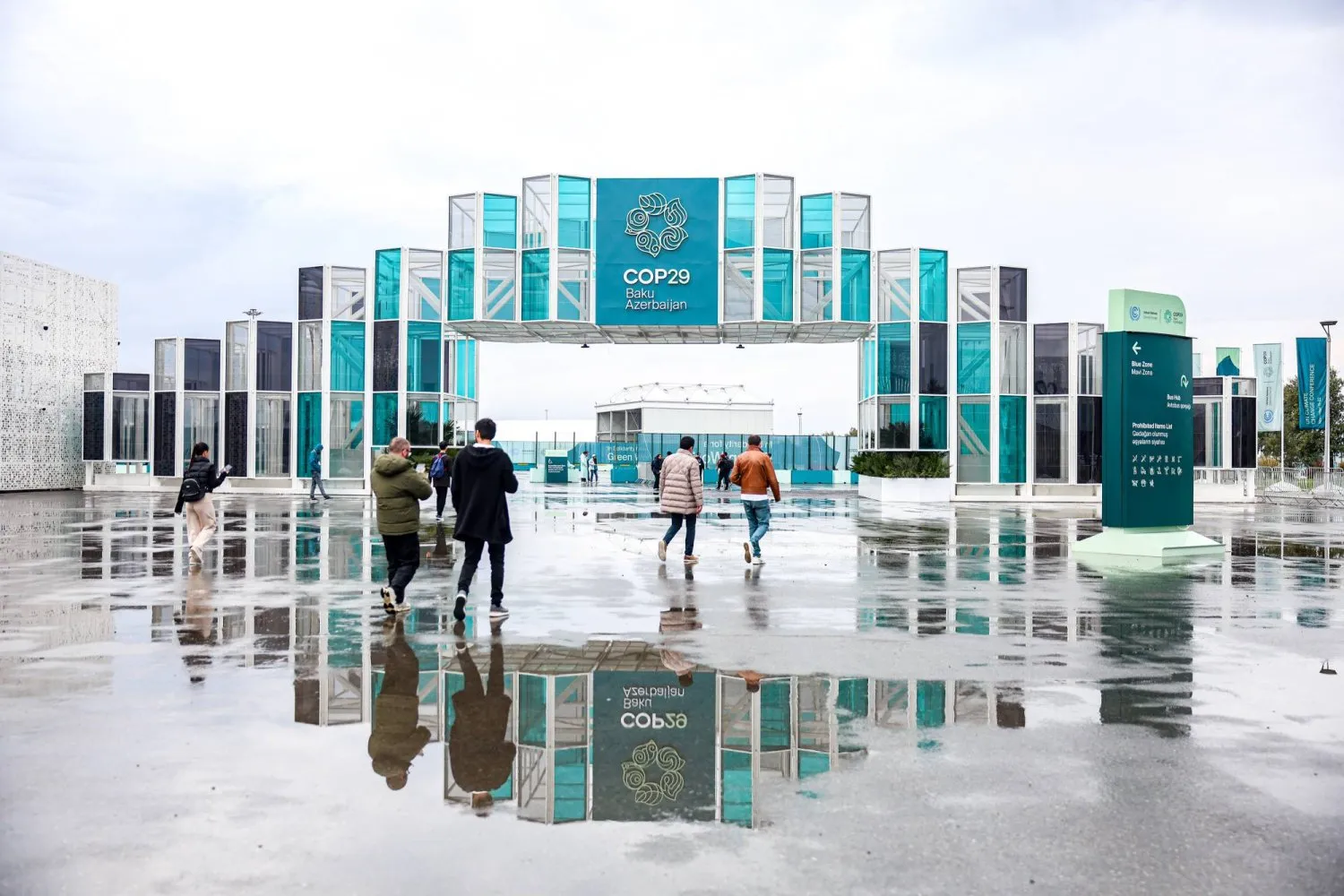A group of former leaders and climate experts said the annual UN COP climate talks were no longer fit for purpose and needed to be reformed, publishing a critical open letter mid-way through what has so far been a fractious summit.
Nearly 200 countries are gathered in Baku, Azerbaijan with a primary goal of agreeing a new target for how much money needs to be provided to help developing countries adapt to climate change and recover from destructive weather.
So far those talks have made little progress.
Delegates struggled for hours on the opening day to agree an agenda and the mood has been soured by doubts about the United States' future role under a Donald Trump presidency, diplomatic spats involving the host nation and the withdrawal of the Argentinian delegation.
Friday's letter, signed by more than 20 experts, former leaders and scientists, including former UNFCCC boss Christiana Figueres and former UN Secretary-General Ban Ki-moon, said the COP process had achieved much, but now needed an overhaul.
“It is now clear that the COP is no longer fit for purpose. Its current structure simply cannot deliver the change at exponential speed and scale, which is essential to ensure a safe climate landing for humanity,” the letter said.
“This is what compels our call for a fundamental overhaul of the COP. We need a shift from negotiation to implementation, enabling the COP to deliver on agreed commitments and ensure the urgent energy transition and phase-out of fossil energy,” it added.
Meanwhile, oil and gas majors TotalEnergies, BP, Shell and Equinor pledged on Friday to invest $500 million to increase access to affordable energy, primarily in sub-Saharan Africa, south and southeast Asia.
That will include domestic solar energy systems, micro-electricity grids, energy production, transport, logistics and storage, e-mobility technologies, and modern cooking fuels such as liquefied petroleum gas (LPG) primarily in sub-Saharan Africa, south and southeast Asia.
“It is early days, but we hope that by jointly investing, we will be able to contribute to wider efforts to tackle the very real challenge of access to energy,” said BP CEO Murray Auchincloss.
In a separate development, new data that combines observations and artificial intelligence said cities in Asia and the United States emit the most heat-trapping gas that feeds climate change, with Shanghai the most polluting.









